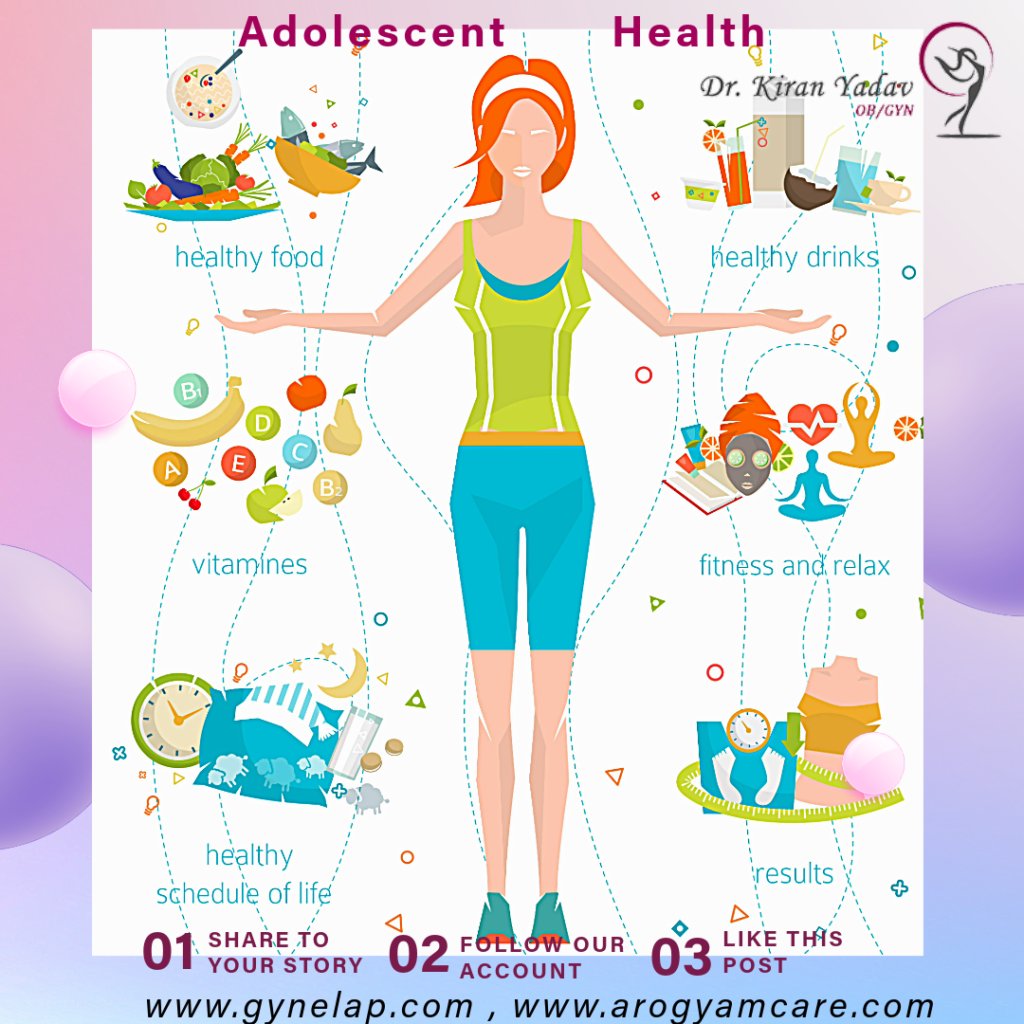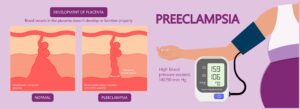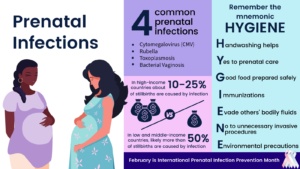Adolescent Wellness
Promote Healthy Habits !
Adolescent : the age of development
Adolescence is the period of transition from child to adult during which significant physical, sexual, social and emotional changes occurs. Adolescents experience growth spurts, and many physical changes including hair growth under the arms and near the genitals, breast development in females, and enlargement of the testicles in males. It’s important to take care of adolescent physical health and mental health.
What are the changes of adolescent health ?
Physical and Mental Health Care during Adolescence
Eat healthy diet including fruits, vegetables, whole grains, and lean protein sources.
physical activity such as running, swimming, or dancing
deep breathing, meditation, or yoga.
healthy sleep habits such as going to bed and waking up at the same time every day, adequate sleep
supportive environment for self-expression & explore interests, spend time with family & friends
For excess anxiety consult mental health professional




